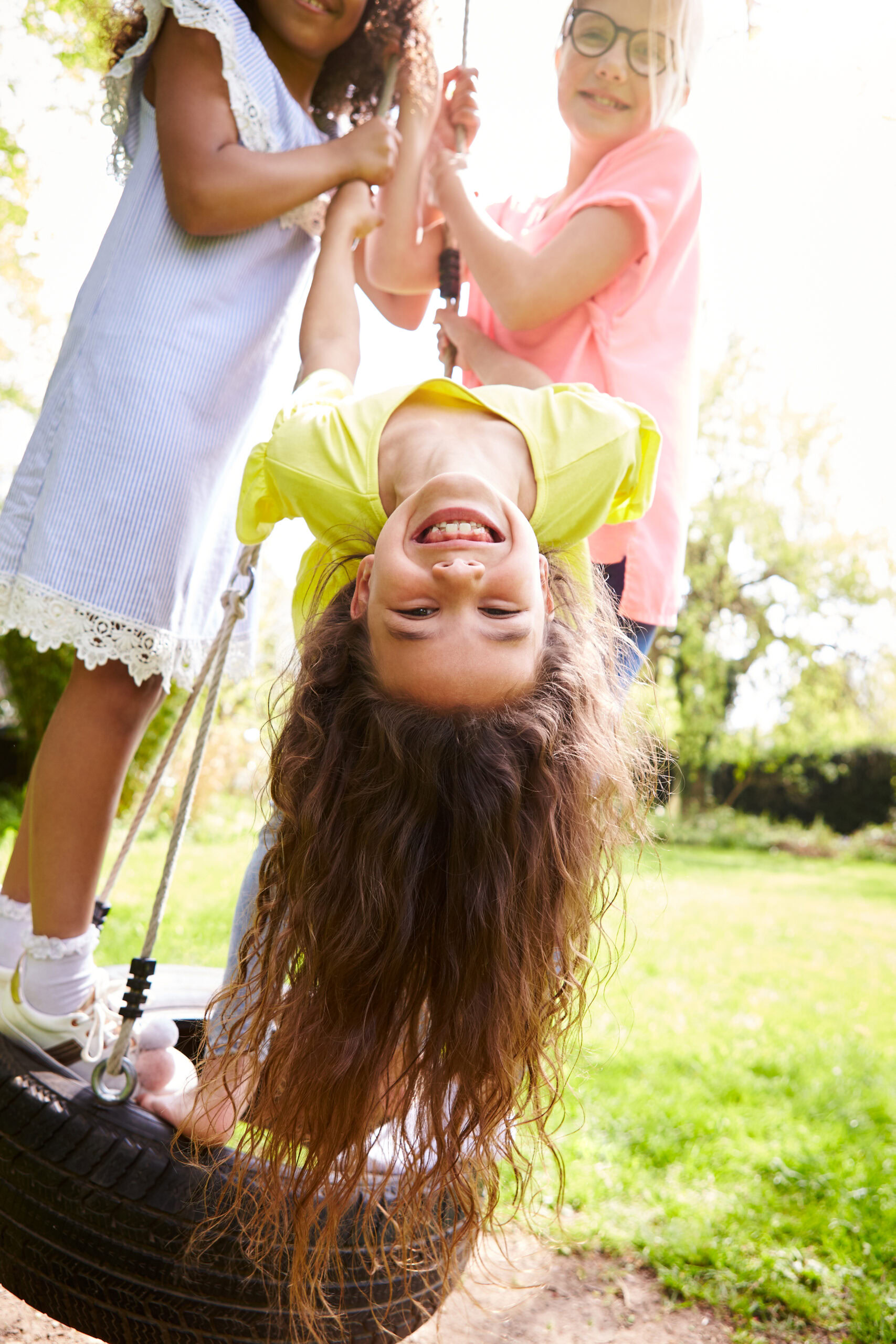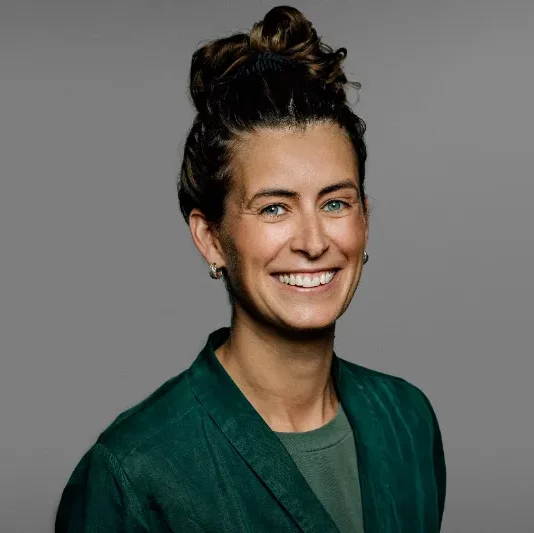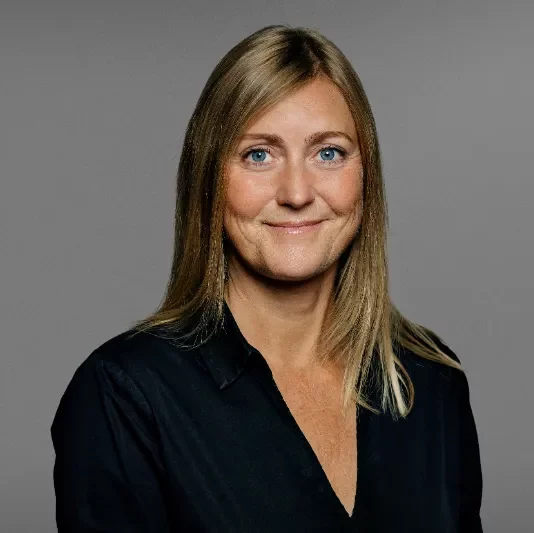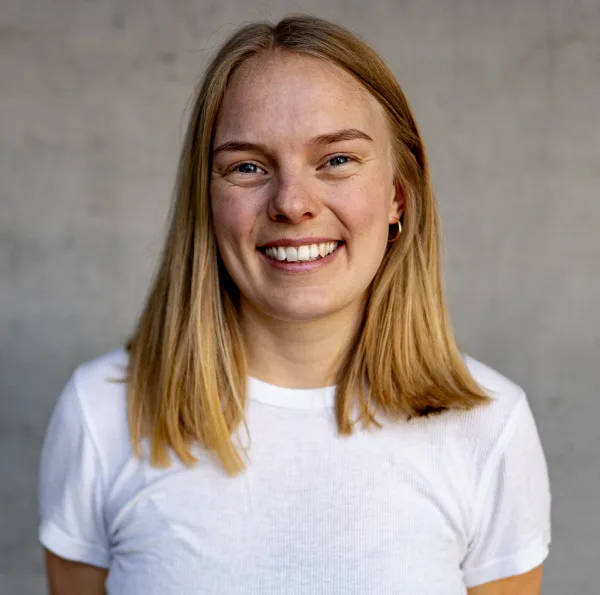Projects
Moving Denmark 2025
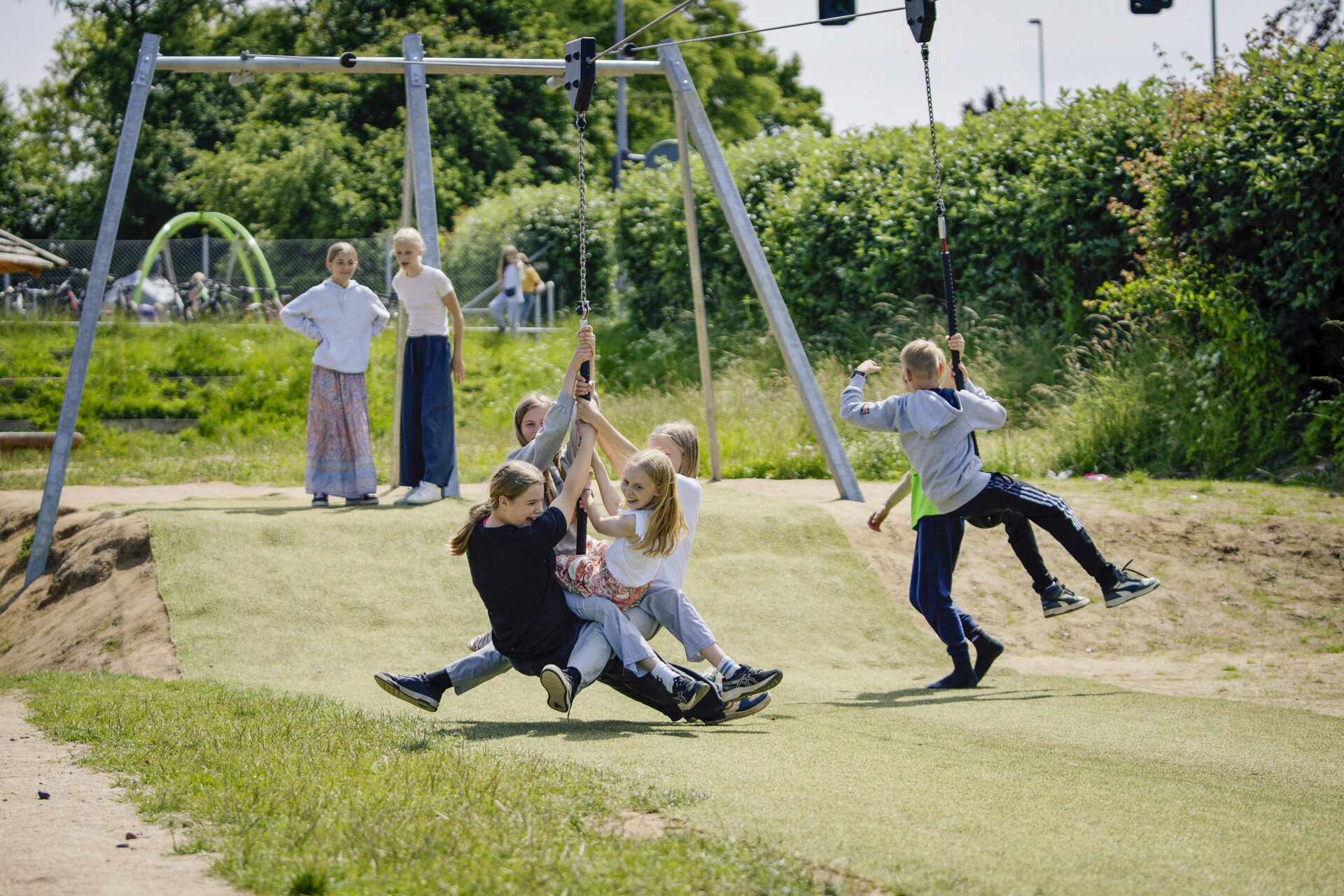
Active Healthy Kids – Global Alliance
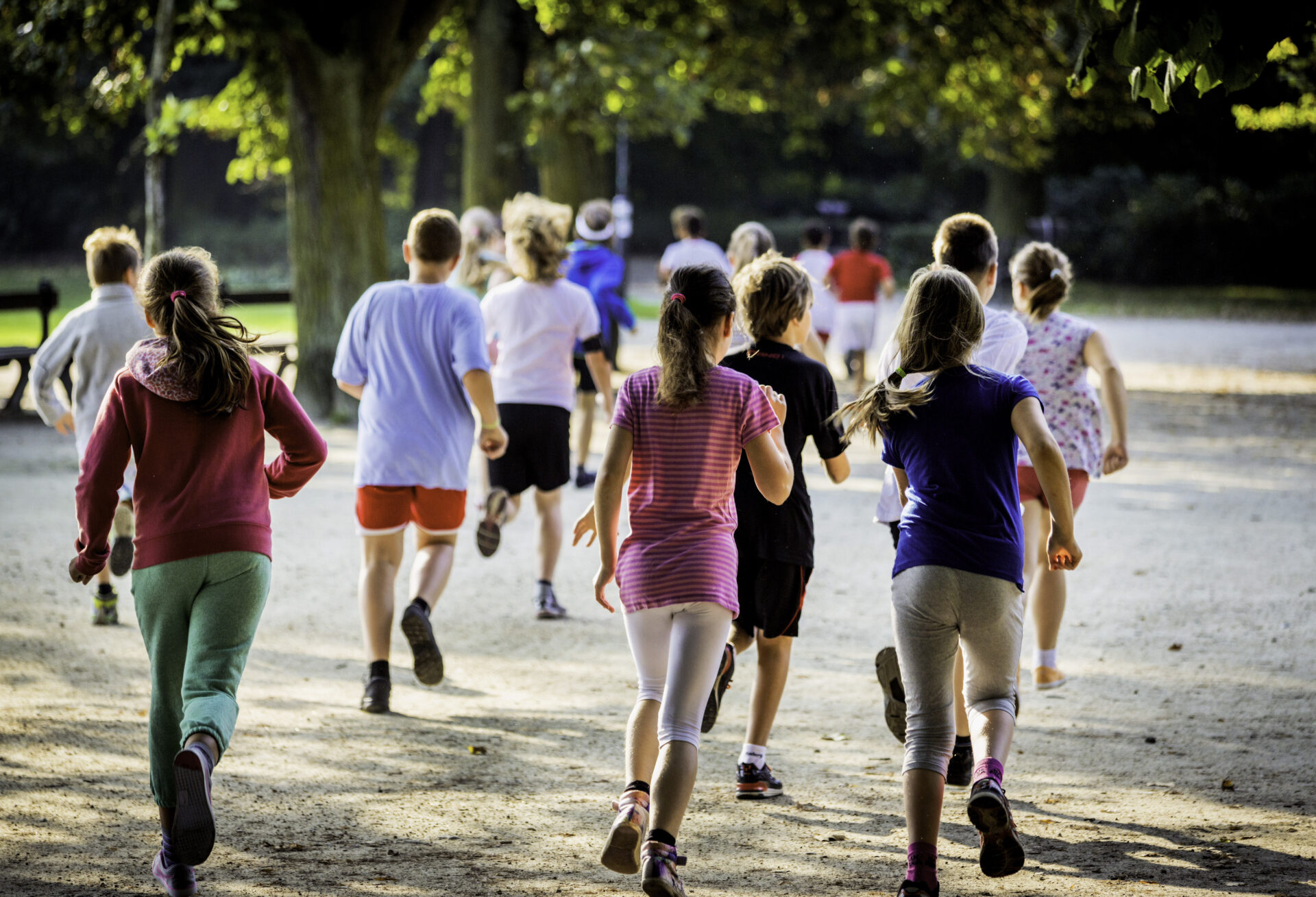
Playscapes – Development of a Web Map of Play Places
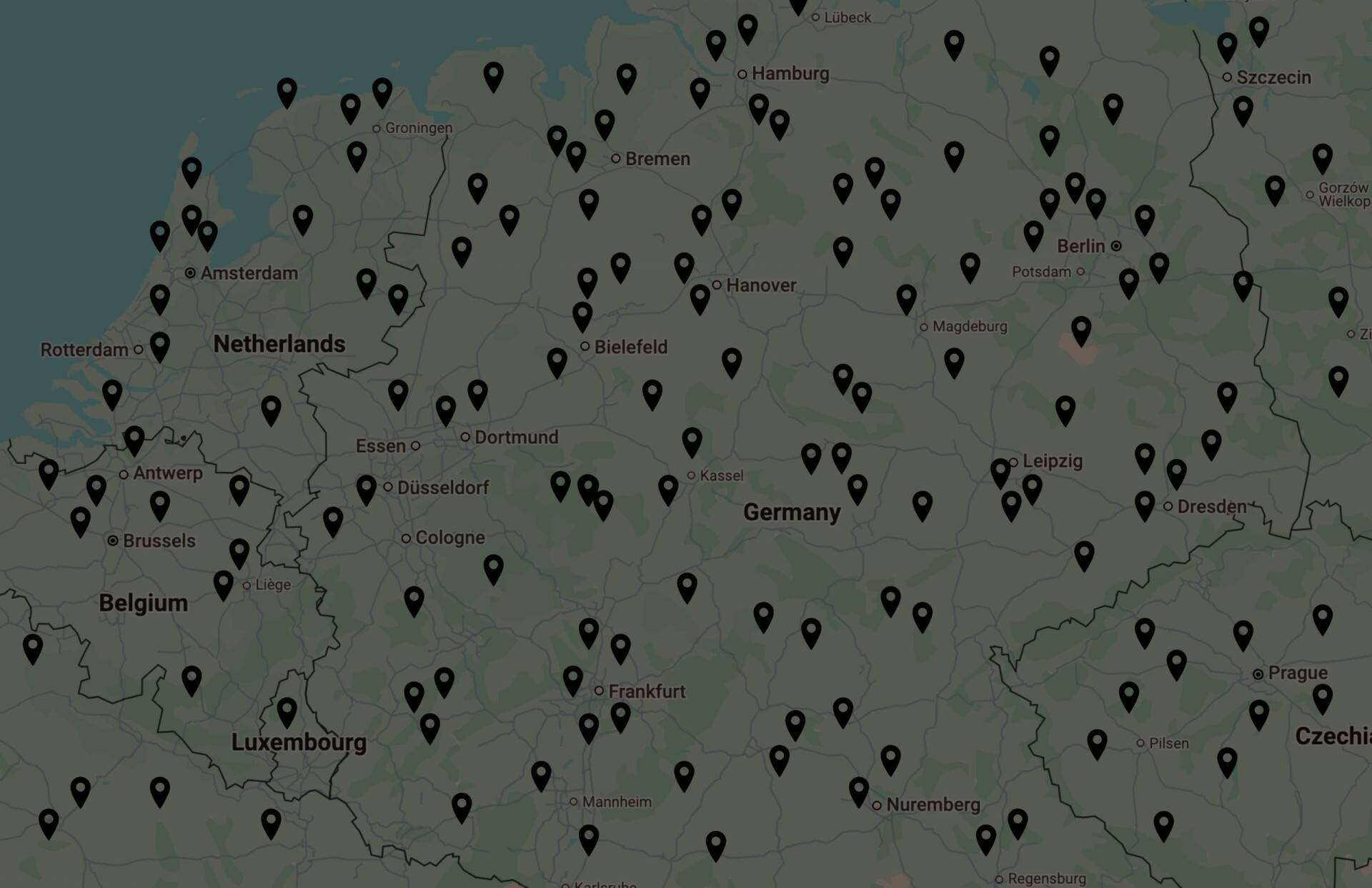
B-Challenged
An alarmingly low number of children meet public health guidelines for physical activity and healthy dietary behaviors, and are at increased risk of developing lifestyle-related diseases. Importantly, this burden is already unequally distributed at an early age. Unhealthy lifestyle behaviors are driven by complex mechanisms that differ across boys and girls growing up under different socio-economic circumstances.
Outdoor play is an important contributor to children’s levels of physical activity. Yet, children growing up in underprivileged neighborhoods play less outside due to limited access to safe and attractive outdoor spaces and appropriate and affordable after-school activities than other children. At the same time, today’s children have abundant access to inexpensive energy-dense foods and online sedentary activities.
B-challenged aims to tackle the complexity of equality in children’s active outdoor play and healthy dietary behaviors by co-creating, implementing, and evaluating interventions in the physical and social environment together with children growing up in socio-economically underprivileged neighborhoods and other key actors (e.g., parents, teachers, and policymakers).
Our study
This study is an EU project and will be conducted in underprivileged neighborhoods across four countries: the Netherlands, Poland, Spain, and Denmark. The Danish segment of the study is led by the World Playground Research Institute and will be centered in Rudkøbing, Langeland.

Play Behavior Typology in the Schoolyard (6-9 years old)
Children are not a homogenous group, and they have different preferences for play. To create and build school playgrounds that can enhance active play for all children, it is essential to understand the cultural practices that influence and are influenced by play-related activities in the schoolyard.
Our study aimed to establish a play behavior typology based on the play of children aged 6 to 9 in the school playground.
Our study
This cross-sectional study took place in five Danish school playgrounds. We used a combination of playground observations and go-along focus group interviews with 6-9-year-old children to identify and describe a play typology of the different kinds of play behavior in the schoolyards.
